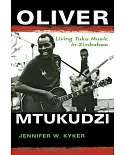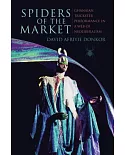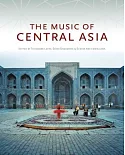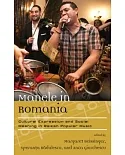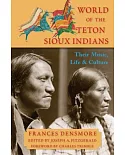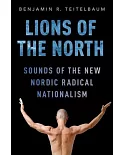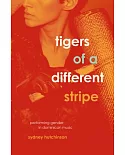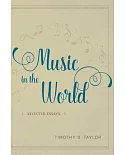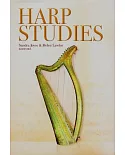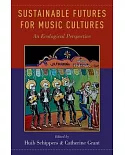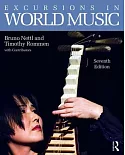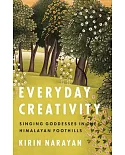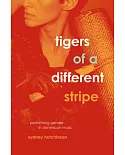This innovative collection of articles offers a major comprehensive overview of new developments in cultural theory as applied to Western music. Addressing a broad range of primarily
twentieth-century music, the authors examine two related phenomena: musical borrowings or appropriations, and how music has been used to construct, evoke, or represent difference of a musical
or a sociocultural kind.
The essays scrutinize a diverse body of music and discuss a range of significant examples, among them musical modernism's idealizing or ambivalent relations with popular, ethnic, and
non-Western music; exoticism and orientalism in the experimental music tradition; the representation of others in Hollywood film music; music's role in the formation and contestation of
collective identities, with reference to Jewish and Turkish popular music; and issues of representation and difference in jazz, world music, hip hop, and electronic dance music.
Written by leading scholars from disciplines including historical musicology, sociology, ethnomusicology, anthropology, popular music studies, and film studies, the essays provide unprecedented
insights into how cultural identities and differences are constructed in music.



